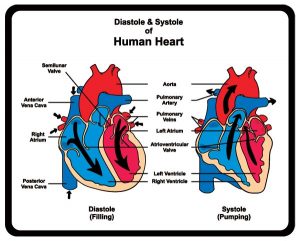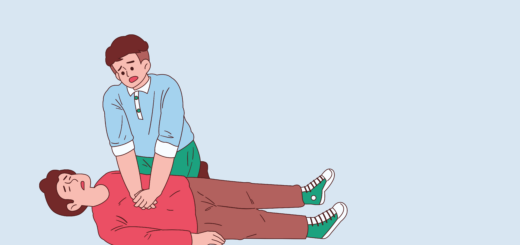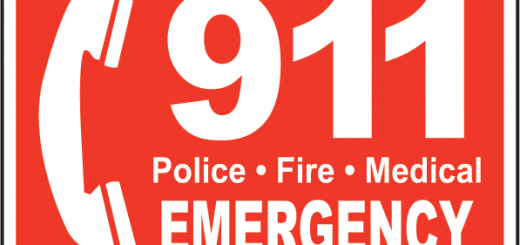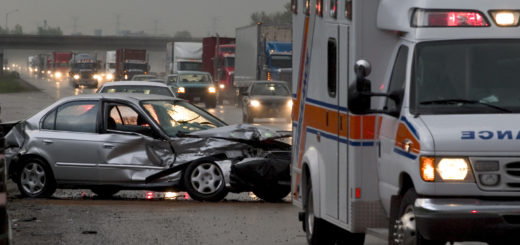What is Blood Pressure and what can affect it?
Blood pressure is the force or pressure which the blood exerts on the walls of the blood vessels.
When the left ventricle contracts and pushes blood into the aorta, the pressure produced is called the systolic blood pressure. In adults this is about 120 mmHg (millimetres of mercury) but varies depending on age, general health and disease (eg: hypertension). 
When the left ventricle empties, there is a momentary pause before it contracts again, this is called diastole. This is detected as the diastolic blood pressure. In adults it is about 80 mmHg, but again varies depending on age, general health and disease.
The blood pressure varies according to the time of day, whether the person is lying or standing and the factors mentioned above. During bed rest at night, the blood pressure tends to be lower. During the day and during exercise it is higher. It increases with age and is usually higher in women than in men.
Normal blood pressure is maintained by several factors:
- Cardiac output: The amount of blood that leaves the heart with each heart beat and over one minute
- Blood volume: The total amount of blood in the circulation
- Peripheral resistance: Whether vessels are stretchy or rigid
- Elasticity of artery walls: Whether arteries are dilated
- Venous return: How much blood returns to the heart form the body
The strength of the heartbeat is determined by the elasticity (stretch) of the heart muscle tissue and by the amount of fluid in the lower heart chambers (ventricles). Greater elasticity and the right amount of fluid produces the strongest heart beat.
Factors that increase the strength of the heartbeat include:
- Exercise
- Fluids
- Body Temperature
- Stress
Factors that reduce the strength of the heartbeat include:
- Increasing age
- Obesity
- Electrolyte imbalance
- Alcohol
The amount of blood in the heart chambers is an important factor in the strength of heartbeat and the blood pressure. If there is too much blood in the heart it will be congested and heart may fail. If there is too little blood in the heart chambers, the heart will be too empty and heart may fail. A common cause of this is hypovolemic shock.
Want to learn more about the recognition and management of shock? Sign up to one of our free online first aid courses.





